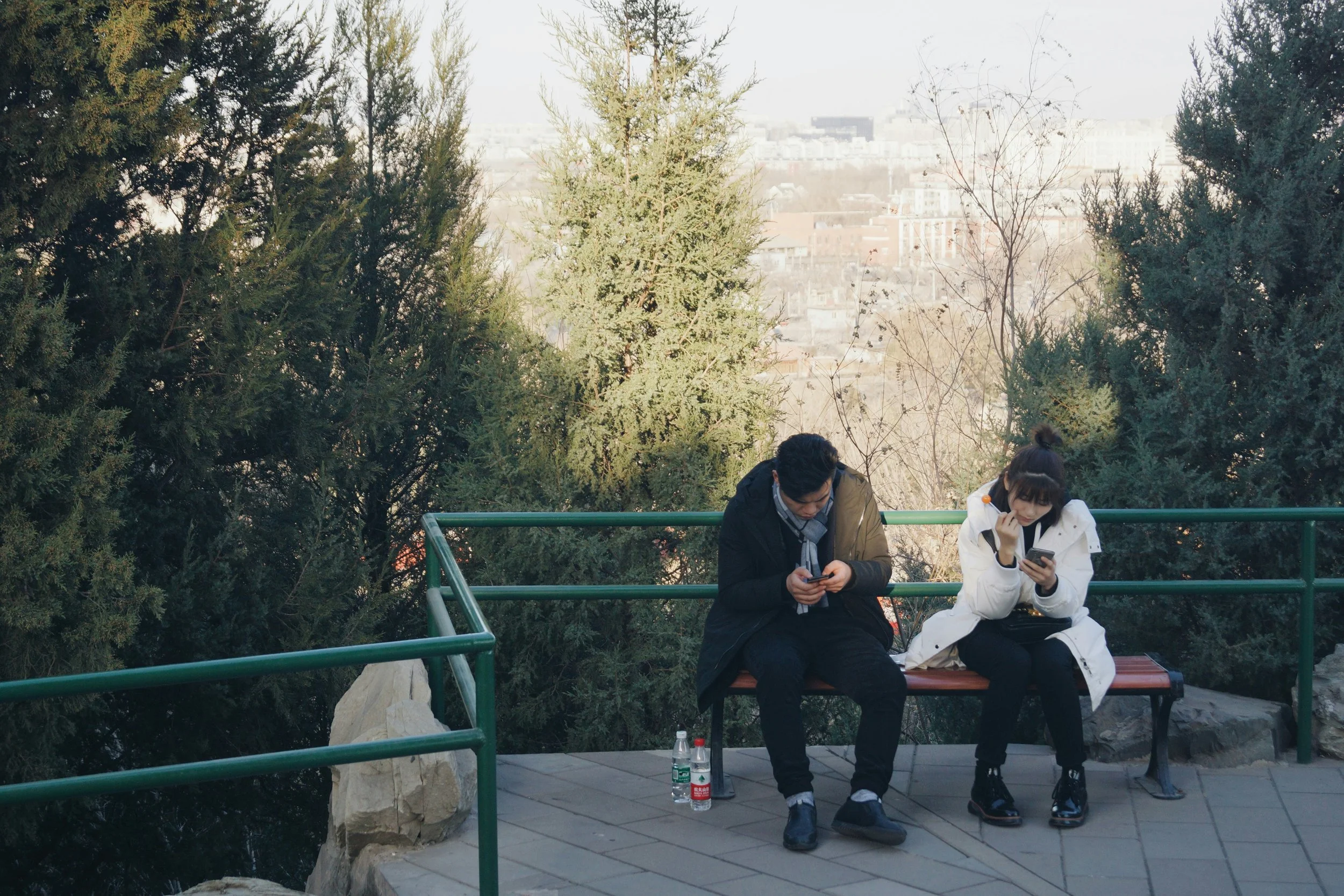How do you Solve Relationship Issues?
Last month, I discussed common relationship problems and underlying causes of relationship issues, ranging from personality differences to childhood experiences and external circumstances. I will now share practical ways to solve relationship problems and develop healthier communication patterns.
One key to resolving relationship issues is accepting innate personality differences between partners. No two people are exactly alike, and differences in personality, interests, and goals are natural and normal. Instead of trying to change your partner, choose to appreciate and accept their unique qualities. You may find that there are strengths in what you each contribute to the relationship due to your differences. For example, if one partner is keener on organizing and scheduling, and the other partner thrives on being in the moment and adventuring, then you can lean on each other's strengths when it comes to planning a vacation. One partner can organize the logistics to get to your destination, and the other partner can discover the spontaneous experiences on the trip that make it memorable.
Another way to solve relationship issues is by changing the triggering action or inaction that led to the cycle of conflict. If something one partner does or fails to do triggers negative emotions or reactions in the other partner, it can be helpful to work on changing the behavior if possible. For example, if one partner constantly forgets to do something around the house that they agreed to do like washing the sheets every week, they can set a phone notification on the same day every week to take initiative before their partner ends up reminding them.
It is also essential to accept that spending enough time with someone will inevitably lead to some annoyances and behaviors that cannot easily be changed. However, how you respond to these annoyances is critical. Emotional acceptance of the triggering action from the responding partner can be a helpful tool. By accepting the behavior and reframing your emotional response to it, partners can avoid a negative relationship cycle of blaming and defensiveness. For example, if one partner chews loudly at dinner, the other partner can accept the behavior as a minor annoyance and proactively put on some jaunty dinner music or a fun podcast to be played on the dining room speakers to drown out the loud chewing.
Recognizing and calling out unhealthy communication patterns is another key step in solving relationship issues. Instead of falling into these unhealthful patterns, a couple can see each other on the same team working against unhealthy ways of relating. Instead of me vs. you, it becomes couple vs. problem.
Developing healthy communication is vital. As a speaker, utilize “I” or “my” statements (i.e. I feel, from my perspective), make brief statements about what you want, and then give your partner space to respond. As a listener, it is crucial to be focused on what your partner shares, demonstrate empathy, and respond to your partners’ needs.
Exploring each other's challenges and trauma from childhood and earlier relationships can help you to be aware of each other’s current sensitivities and triggers to avoid unintentionally causing pain or misunderstanding.
Additionally, when you break a relationship agreement, the way forward is to take full responsibility for your breach of trust and empathize with your partners’ pain. These steps pave the way toward forgiveness and creating a new narrative as a couple.
How does Therapy help Relationship Issues?
Sometimes, despite best efforts, relationship issues can persist. In these cases, therapy can be an invaluable resource. In therapy, we help couples address their unique relationship problems and develop deeper, healthier connections.
Having a therapist present can help you bring up your unique relationship problems safely, explore the root causes, and provide the support you need to implement tools for resolving some of your relationship problems. The therapist acts as a mediator, an educator, and a facilitator for deep-rooted change in your relationship. Therapy makes facing your relationship problems more manageable, as you can explore and learn healthier ways to relate, communicate, and love.
Check out my previous blog to learn more about the specific types of couple therapy. Contact our Client Care Coordinator to see how Root to Rise can help you create a safe space to deepen your relationship!
Warmly,
Root to Rise Therapy







